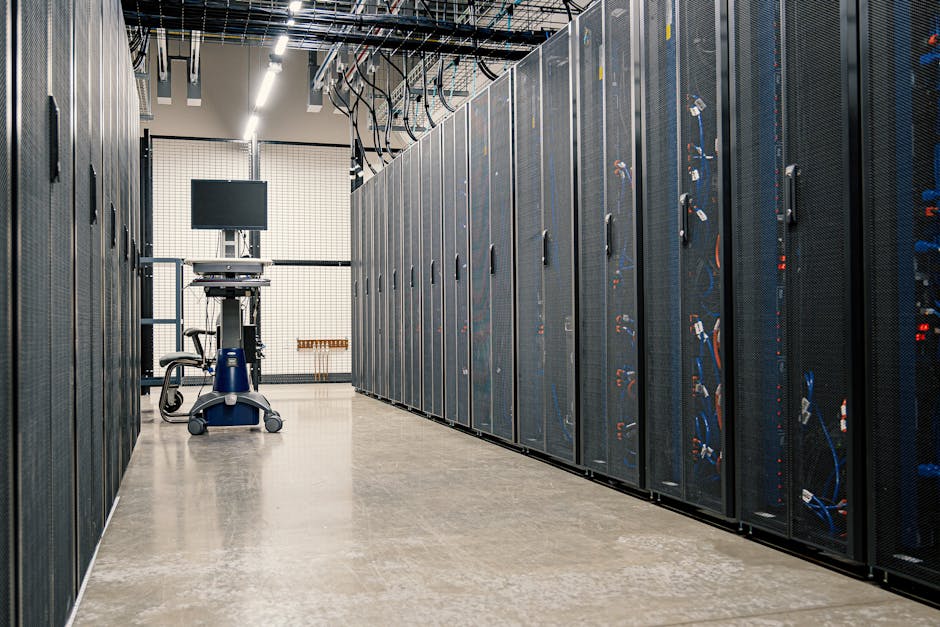
The Future of Satellites: Exploring the Next Generation of Space Technology
The future of satellites is shaping up to be an exciting and innovative era, with advancements in technology and new applications emerging. The future of satellites is here, and it’s looking brighter than ever. With the rapid advancement of technology, satellites are becoming more sophisticated, and their uses are expanding beyond traditional applications such as telecommunications and navigation.
At the beginning of the future of satellites, it’s essential to understand the current state of satellite technology. Satellites have been a crucial part of our daily lives for decades, providing us with television signals, internet connectivity, and navigation systems. However, the next generation of satellites is expected to be even more powerful and versatile, with the ability to perform a wide range of tasks, from monitoring the environment to providing high-speed internet access.
Advancements in Satellite Technology
One of the most significant advancements in satellite technology is the development of small satellites, also known as smallsats. Smallsats are smaller, lighter, and less expensive than traditional satellites, making them more accessible to a wider range of users. They are also more agile and can be launched into space more quickly, which makes them ideal for applications such as Earth observation and communication.
Another area of advancement is in the field of satellite propulsion. New propulsion systems, such as electric propulsion and advanced ion engines, are being developed, which will allow satellites to maneuver more efficiently and stay in orbit for longer periods. This will enable satellites to perform more complex tasks, such as asteroid deflection and deep space exploration.
New Applications for Satellites
As satellite technology advances, new applications are emerging. One of the most exciting areas is in the field of satellite-based internet connectivity. Companies such as SpaceX and OneWeb are launching constellations of small satellites into low Earth orbit, which will provide high-speed internet access to remote and underserved areas. This will revolutionize the way we communicate and access information, and will have a significant impact on the global economy.
Another area of application is in the field of Earth observation. Satellites are being used to monitor the environment, track climate change, and predict natural disasters. They are also being used to monitor crops, track wildlife, and detect natural resources. This information will be crucial in helping us to understand and manage our planet’s resources more effectively.
The Future of Satellite Launches
The future of satellite launches is also undergoing a significant transformation. Traditionally, satellites have been launched into space using large and expensive rockets. However, with the development of reusable rockets, such as those being developed by SpaceX and Blue Origin, the cost of launching satellites into space is decreasing dramatically.
This will make it possible for more satellites to be launched into space, and will enable a wider range of applications to be developed. It will also enable satellites to be launched into space more quickly, which will be essential for applications such as disaster response and environmental monitoring.
Conclusion
In conclusion, the future of satellites is an exciting and innovative era, with advancements in technology and new applications emerging. The next generation of satellites will be more powerful, versatile, and accessible, and will have a significant impact on our daily lives. As we continue to explore and develop new technologies, the possibilities for satellites will only continue to grow, and we can expect to see even more innovative applications in the years to come.







